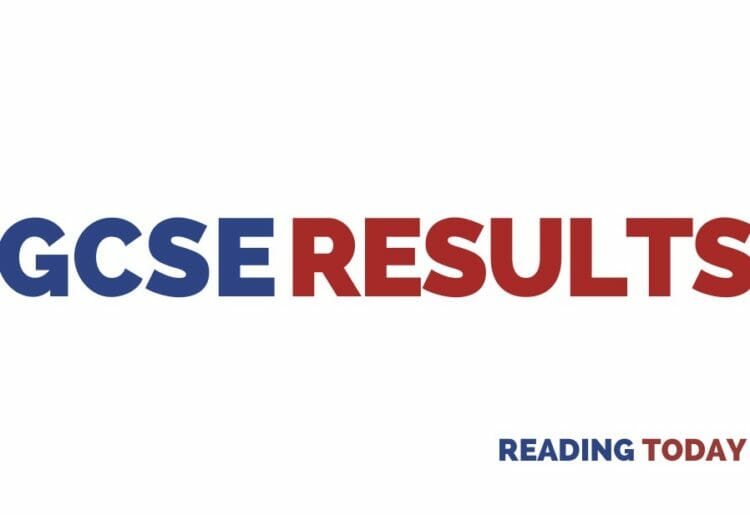ACROSS the country, more than 640,000 teenagers will be collecting their GCSE results today, and the government says that for the first time since covid affected education, results are starting to return to normal.
The Department of Education’s figures show the proportion of entries achieving top grades (grade 7 and above) and standard passes (grade 4) are consistent with 2019’s results.
GCSE entries to modern foreign languages (MFL) this year increased by 5.1% compared to last year, and 9.2% compared to 2019, with increases in Spanish and French.
There has been an 13.5% increase in pupils taking computer science since 2019, as have entries to the English Baccalaureate (EBacc): total entries across all EBacc subjects has risen 3.9% this year compared to last year, and 11.2% compared to 2019.
In addition to the GCSE grades, 390,000 vocational qualifications have been awarded today.
Grading has returned to normal this year for the first time after the pandemic, in line with plans set out by Ofqual over two years ago. This is to ensure that grades maintain their value and pupils get the result that best represents their performance.
Top grades for 16-year-olds in England are in line with 2019, with 22.4% of entries achieving a grade 7 and above. This is up 0.6ppt from 2019. This year’s results show that 70.3% of entries received a grade 4 or above – a standard pass – which is up 0.4ppt from 2019.
And the government says the gap between independent schools and academies at grade 7 has narrowed from 33.3% in 2021 to 27.5% in 2022 to 25.5% in 2023. It has also narrowed from 26.5% in 2019.
Schools minister Nick Gibb said: “Pupils receiving their results today should feel very proud. I want to congratulate them all and give my thanks to the hardworking teaching staff that have helped them throughout this period.
“Today’s results are a testament to this Government’s long-standing work to drive up standards and expanding opportunities for all in our education system.
“Pupils collecting results today can progress to one of many high-quality options including A levels, T Levels and apprenticeships.”
























